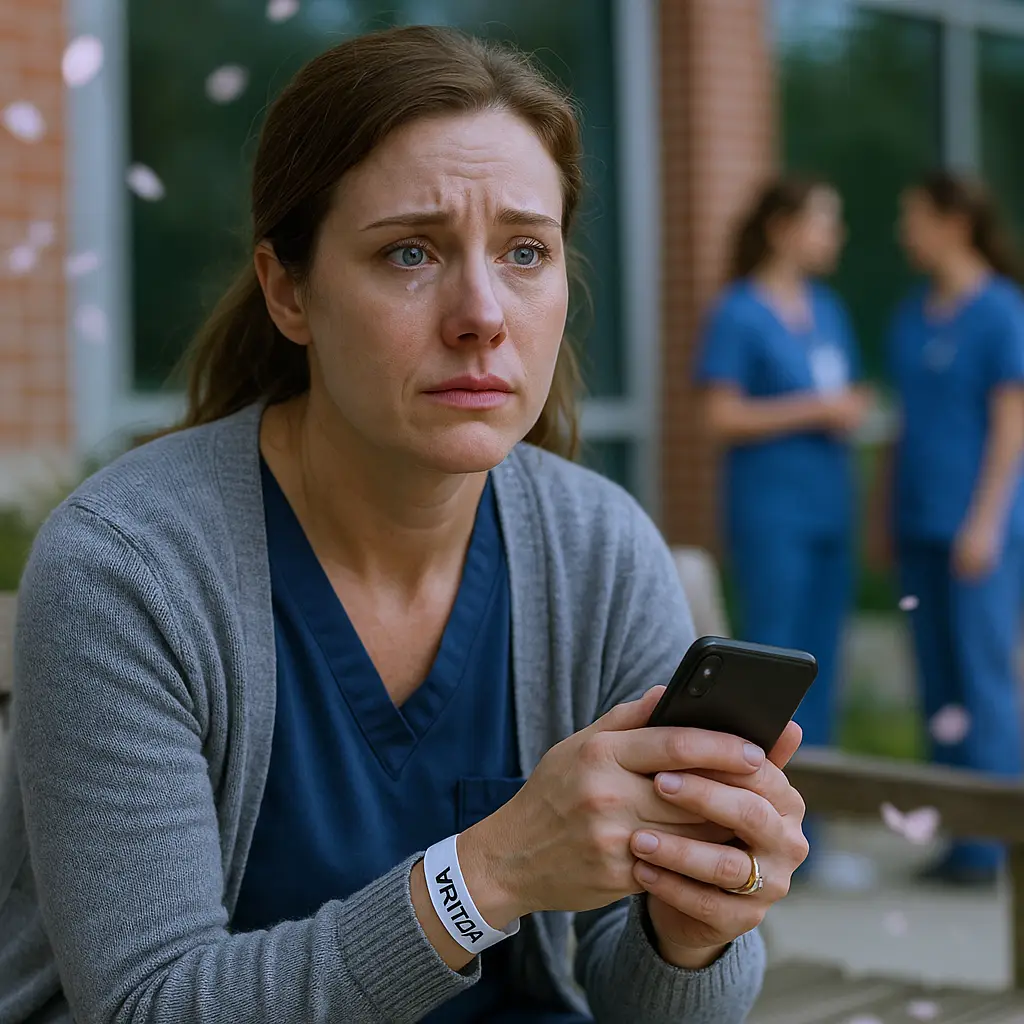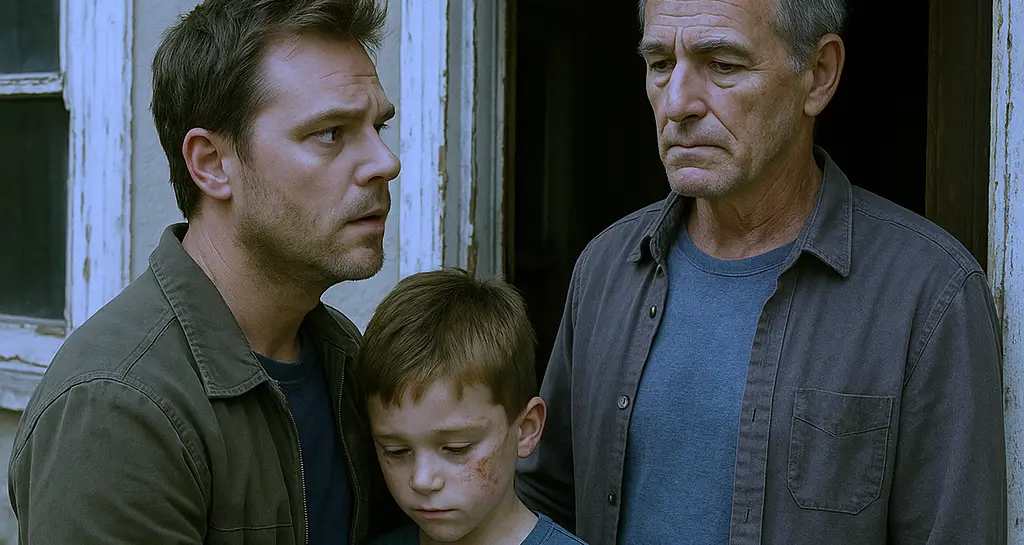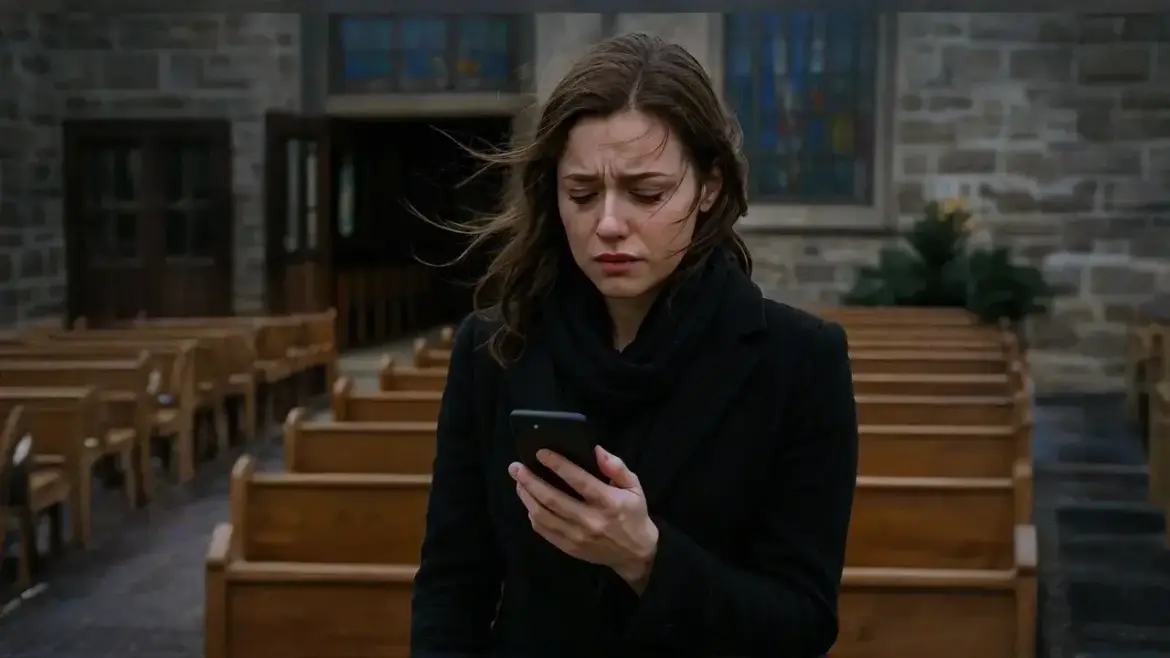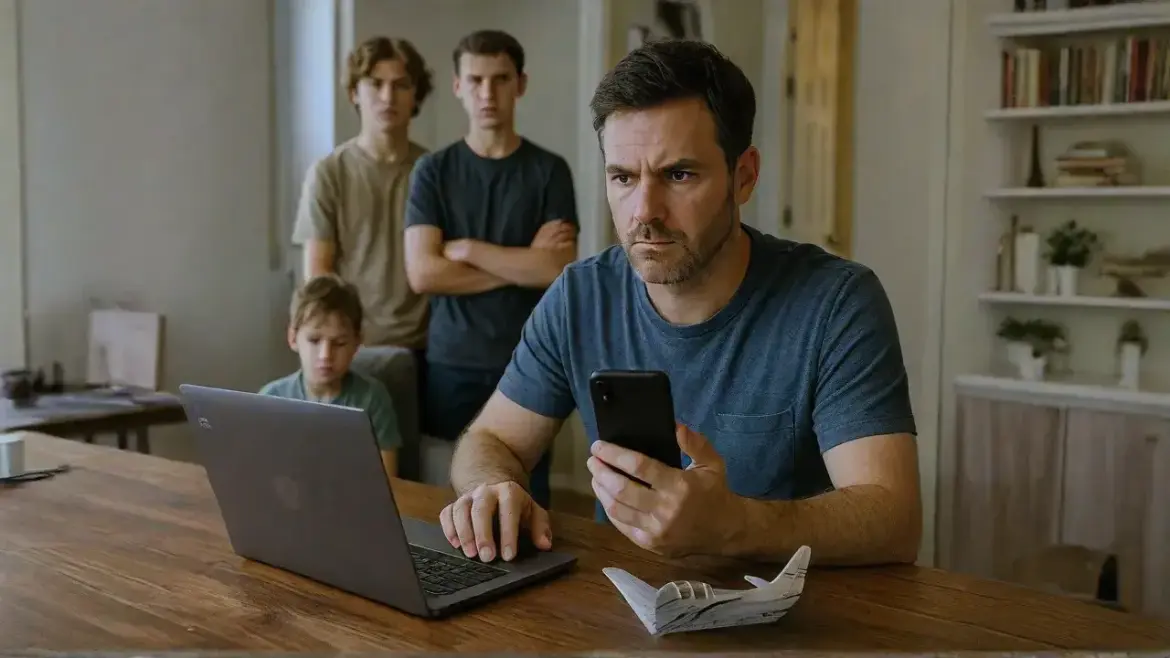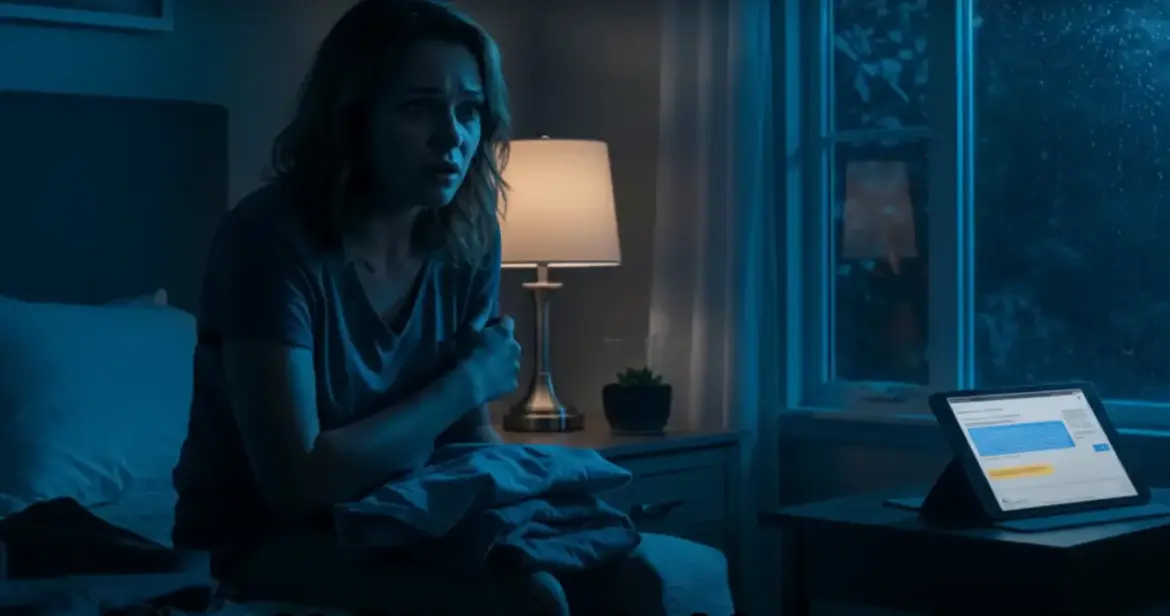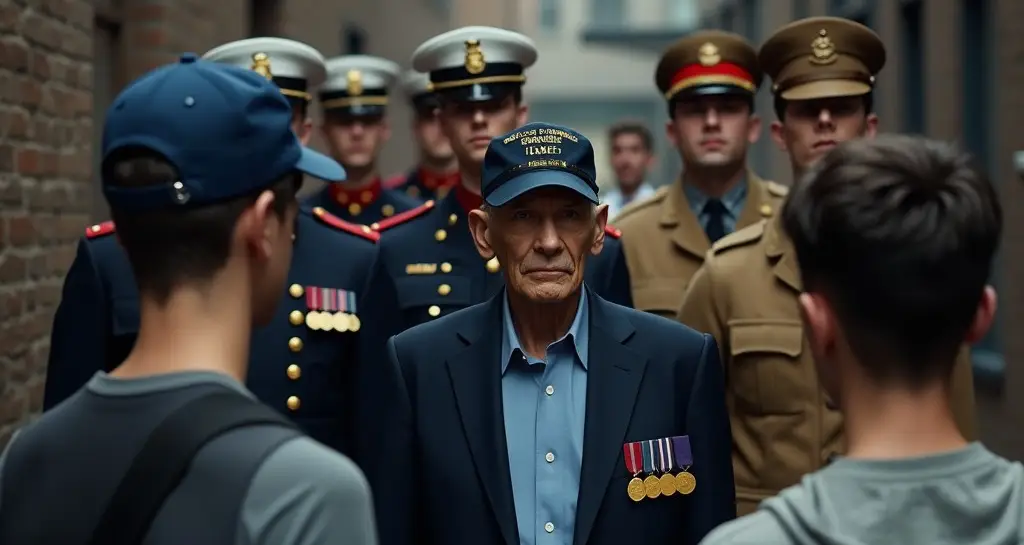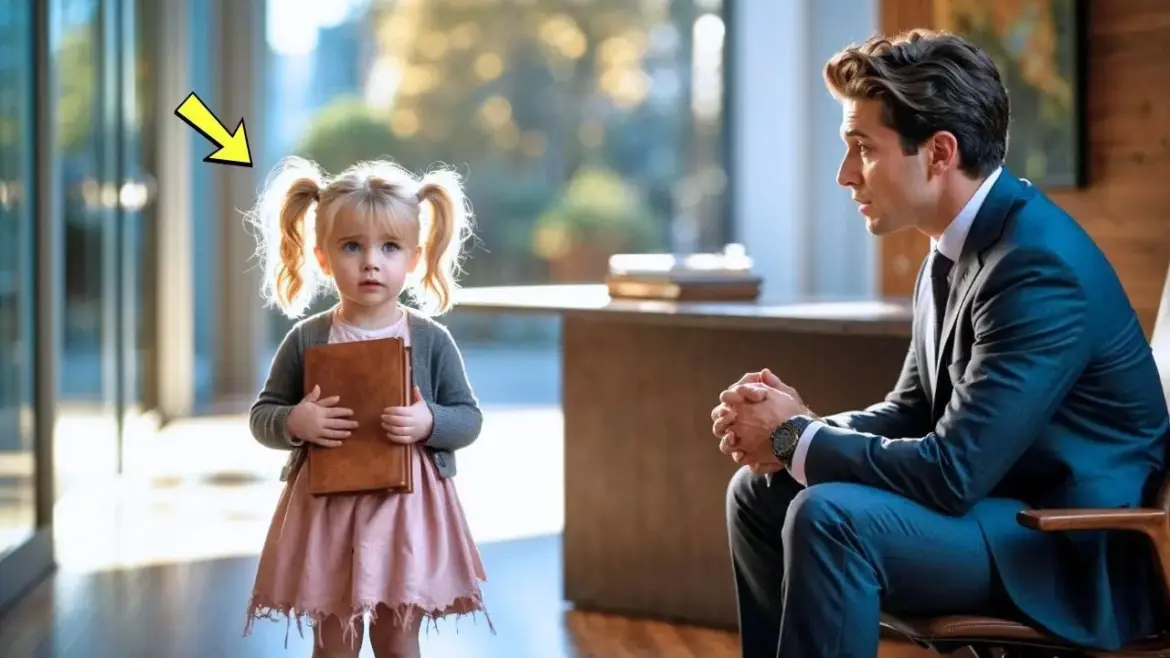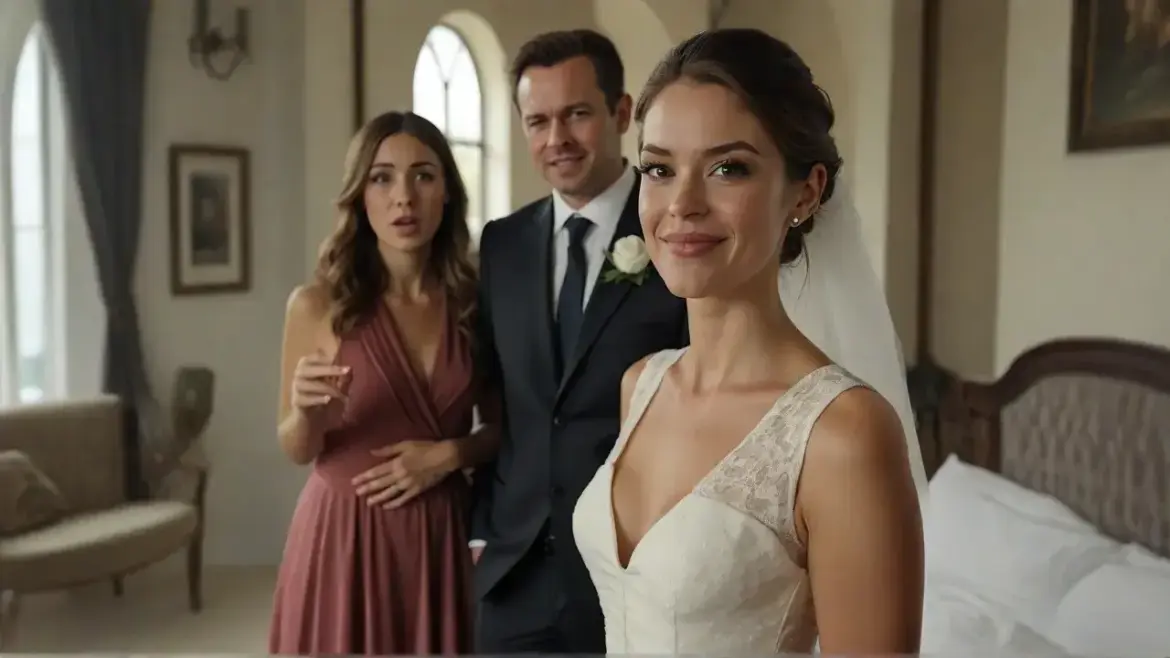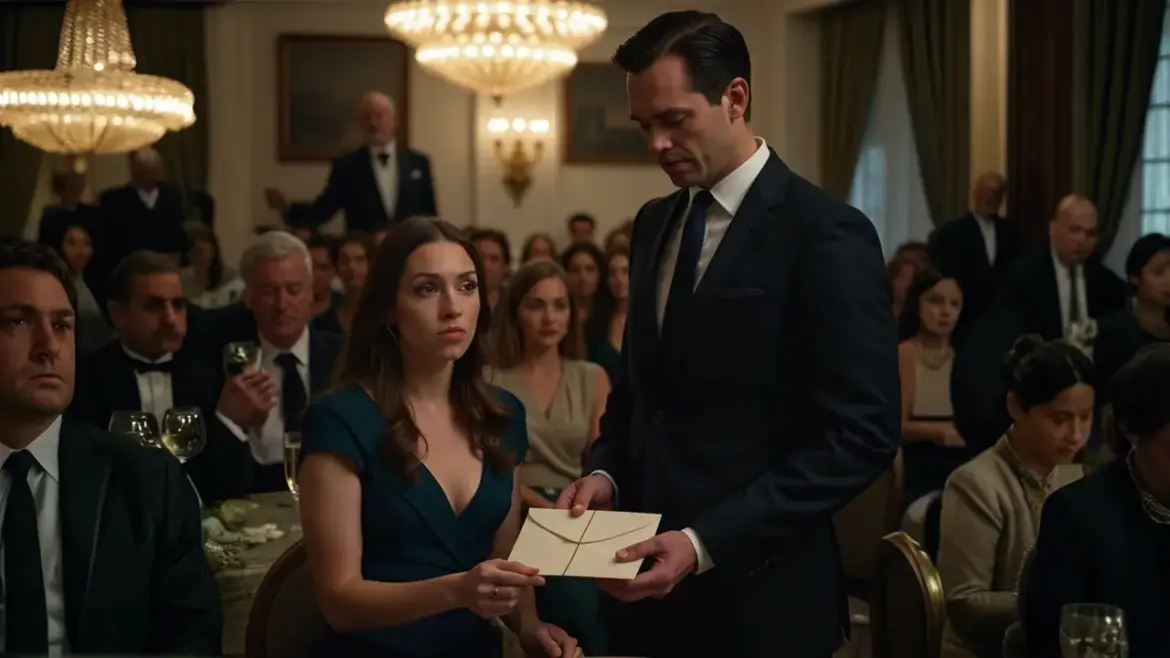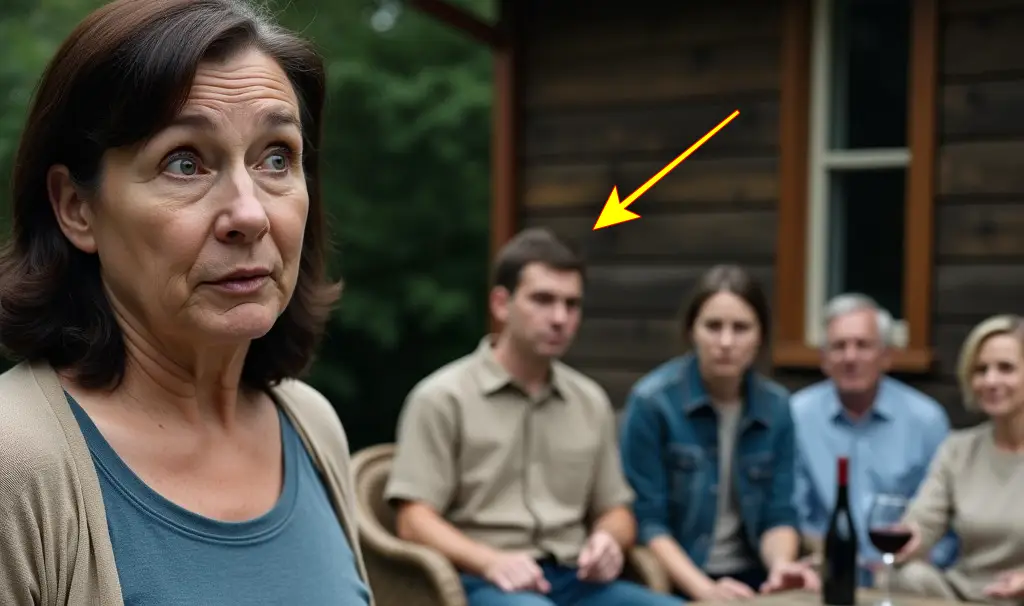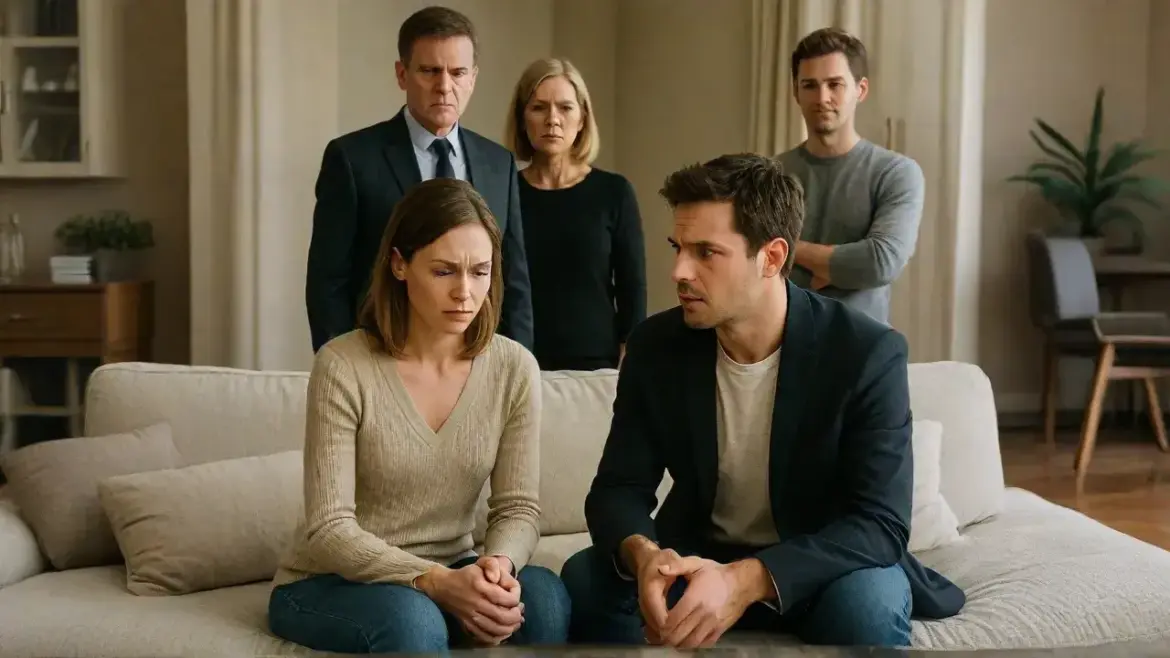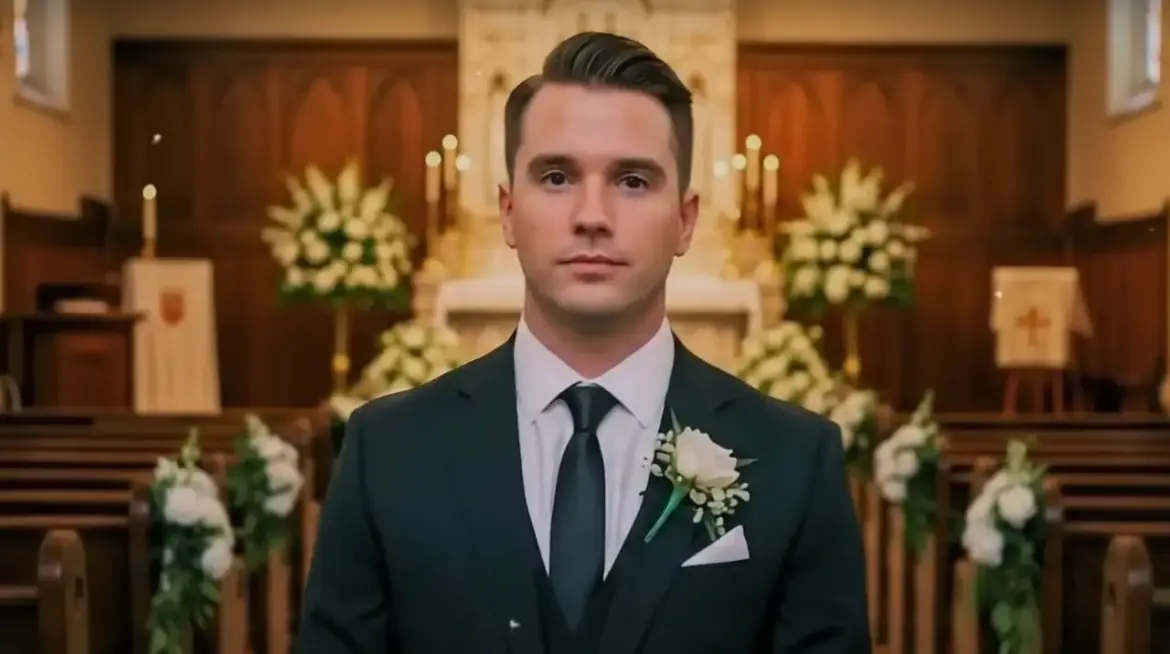I sat on a wooden bench outside Vanderbilt University Hospital, clutching my hands together until my knuckles turned white. The spring air carried the sweet scent of blooming dogwoods, and sunlight danced on the glass facade of the hospital, yet none of it reached me. My husband, Daniel Carter, was lying in the intensive care unit behind those walls, fighting for his life against an enemy we never saw coming.
People passed by, their conversations soft and ordinary. And for a second, I wished I could be one of them, just another woman enjoying a warm afternoon, laughing about where to grab dinner or what to plant in her garden. But I wasn’t that woman anymore.
My world had narrowed to a hospital room and the relentless beeping of medical machines. Daniel used to be unstoppable. He was the kind of man who would work a 12-hour day building custom furniture.
Then come home and still have the energy to cook dinner and ask me about my day. He had this way of smiling that made you believe everything would be okay, even when life felt heavy. He was my safe place, my steady ground, and now, watching him fade, I felt like I was standing on quicksand.
Six months ago, we thought we had a lifetime. We talked about vacations we couldn’t afford yet, a bigger house for the kids we still dreamed of having, maybe even a dog. Then Daniel came home one night pale and exhausted, brushing off his fatigue as just a long day.
But the tiredness lingered, deepened, and turned into unexplained bruises and nights when he struggled to catch his breath. The doctors said words that didn’t seem real: aplastic anemia. His own body was destroying his bone marrow, shutting down the very factory that made his blood.
Without a stem cell transplant, they said, there was little hope. I tried to be strong in front of him, holding his hand and whispering, «We’ll get through this.» But every night, I cried alone in the bathroom, my sobs muffled by a towel.
Because I knew something Daniel didn’t. He didn’t have family. He had grown up in foster care, never knowing his parents, never even knowing if he had brothers or sisters.
And without close relatives, the odds of finding a donor match were almost impossible. We had joined the National Registry, but the doctors were honest. The wait could take months, maybe years, and Daniel didn’t have that kind of time.
Earlier today, when his doctor pulled me aside, his words gutted me. «Emily, we are running out of options. If we don’t find a compatible donor soon…» He didn’t finish the sentence.
He didn’t have to. I knew what he meant. I sat there, tears streaming down my cheeks, feeling utterly useless.
I was a nurse. I spent my life helping others heal. Yet I couldn’t heal the man I loved most.
I thought about the life we had built together. Our little wooden house on the edge of Nashville. The rocking chair he made for me on our first anniversary.
The framed note he once wrote that still hangs by the kitchen door: «You are my always.» The thought of losing him was unbearable. Still, deep down, a voice whispered that I might have to prepare for it.
I hated myself for even thinking it, but grief had already started to coil its icy fingers around my heart. Then, as if the world wasn’t cruel enough, I overheard something—a conversation that would change everything.
I met Daniel on a night when life felt light and ordinary, long before hospitals and medical charts consumed our days. I had just finished my final exam at nursing school, exhausted but free, and my friends dragged me to a little cafe in downtown Nashville. It wasn’t fancy, just an old brick building with worn wooden floors and the smell of roasted coffee that clung to everything.
I remember him walking in like it was yesterday. He was carrying a paper bag of hardware from the local supply store, his jeans dusty from work, and there was this calmness about him, the kind of quiet confidence that makes you look twice. He smiled shyly when our eyes met and asked if the seat across from me was taken.
We talked for two hours that night about everything and nothing: how he loved building furniture, how I wanted to work in pediatrics, how we both hated olives but loved peach cobbler. When he laughed, really laughed, his eyes crinkled in the corners, and something in me just knew. From that night on, Daniel became a constant in my life.
He showed up with small surprises: a jar of honey from a roadside market, a wildflower bouquet wrapped in butcher paper, a new book because he remembered I’d once said I wanted to read it. He had a way of making the mundane feel like magic.
Two years later, we were standing under an old oak tree, saying our vows in front of family and friends. I wore my mother’s pearl earrings, and Daniel cried openly when he saw me walking down the aisle. He wasn’t the type of man who tried to hide emotion. He believed in showing love fully without hesitation.
We moved into a small wooden house on the edge of town. A fixer-upper Daniel insisted he could handle himself, and he did. He spent weekends sanding floors, building shelves, and even crafted a rocking chair for me as an anniversary gift.
That chair still sits on our porch, a silent witness to countless evenings of us rocking side by side, watching fireflies dance in the Tennessee twilight. Life felt full, even if it wasn’t perfect.
The only thing missing was children. We started trying soon after the wedding, expecting it to happen easily like it seemed to for everyone else around us. But month after month, nothing changed. Doctors said my body wasn’t cooperating, that I might never conceive naturally.
We tried treatments, hormone shots, endless appointments, and eventually IVF. The first attempt failed. So did the second.
With each negative test, I felt a little more broken, as if my body had betrayed both me and him. But Daniel, he never once blamed me. He would hold me on those nights when I cried until my head ached, whispering, «Emily, this doesn’t change how much I love you.»
He even suggested adoption, talking excitedly about how many children needed homes, how we could still have a family. I wanted to be happy with that idea, I really did. But part of me still longed to see a child with his blue eyes and that crooked half smile he wore when he was trying not to laugh.
One day, after another failed cycle, I collapsed in his arms, apologizing through tears, saying, «You deserve a wife who can give you a family.» He gently tilted my chin so I would meet his eyes and said, «Emily, I didn’t marry you for children. I married you for you.»
«You are my family.» That was Daniel, steadfast, kind, and selfless. He could have been angry, resentful, even distant.
Instead, he chose love every single time. Looking back now, I realize how those struggles prepared us for what was coming. The nights we held each other through disappointment, the dreams we reshaped together, they became the blueprint for surviving the storm that was about to hit.
Because when Daniel fell ill, the world as we knew it collapsed. And yet, even lying there weak and pale, he still tried to be the strong one. He joked about hospital food, teased me about worrying too much, and told me we’d get through this, just like we’d gotten through everything else.
But deep down, I knew this was different. This was life and death. And I wasn’t ready to imagine a life without him.
It started so quietly that we didn’t even notice at first. Daniel would come home from the shop earlier than usual, brushing off his fatigue with a smile. «Just tired, Em.»
«Long day, that’s all.» But the tiredness didn’t fade. It grew heavier, like something invisible was pulling him down every day.
